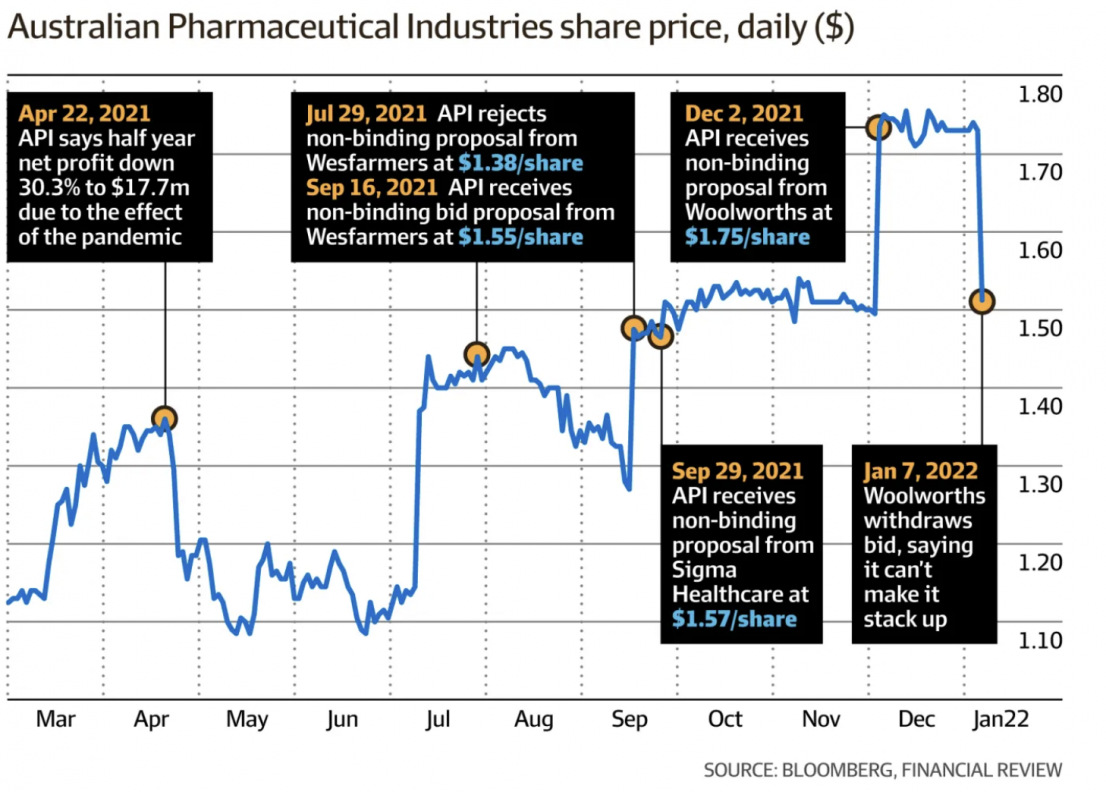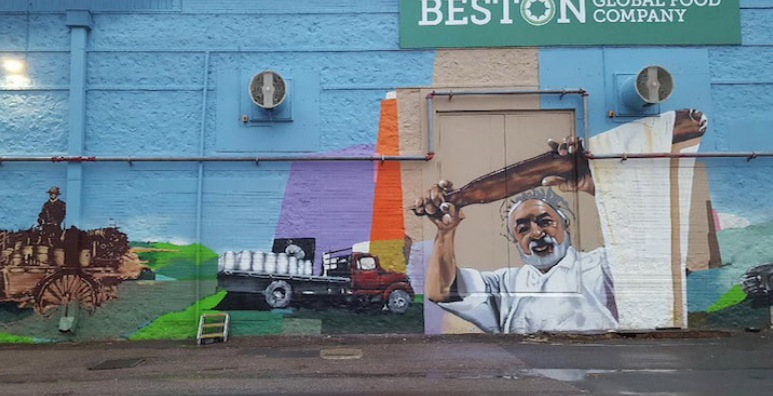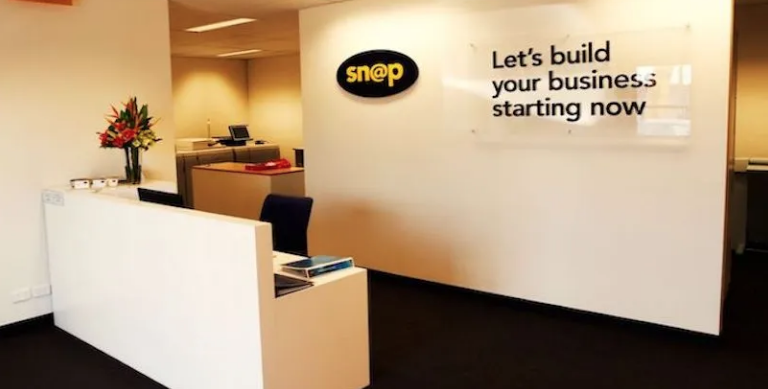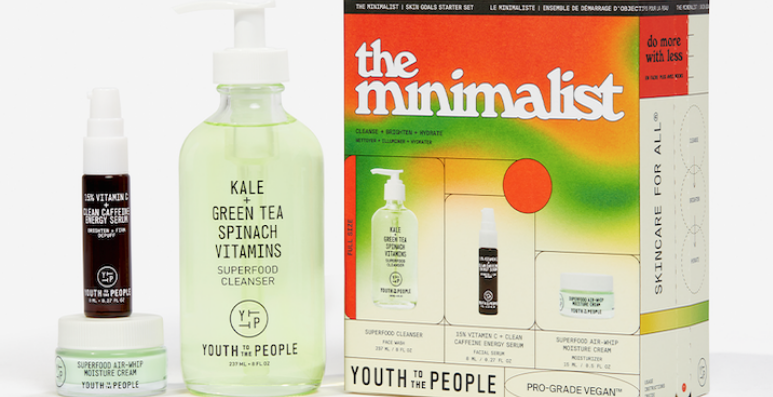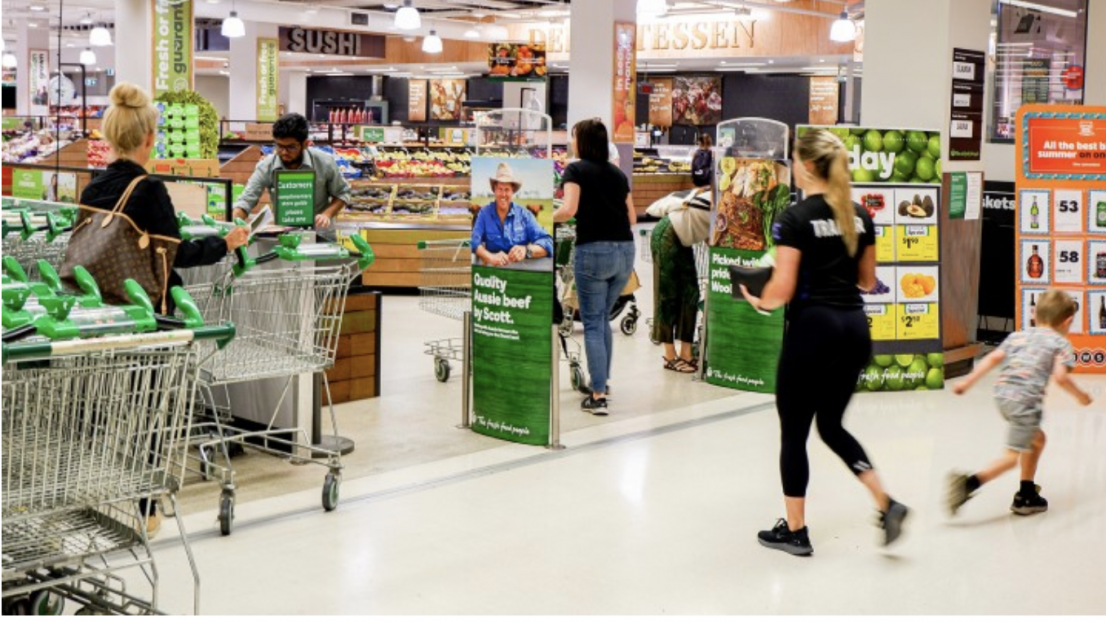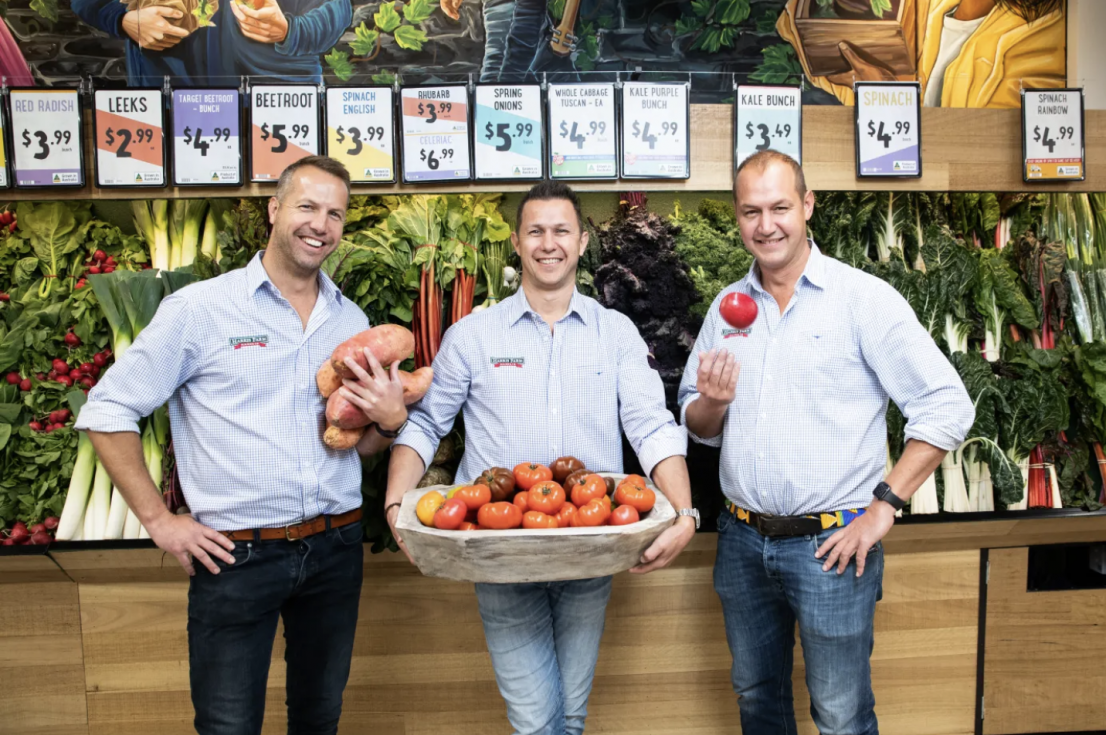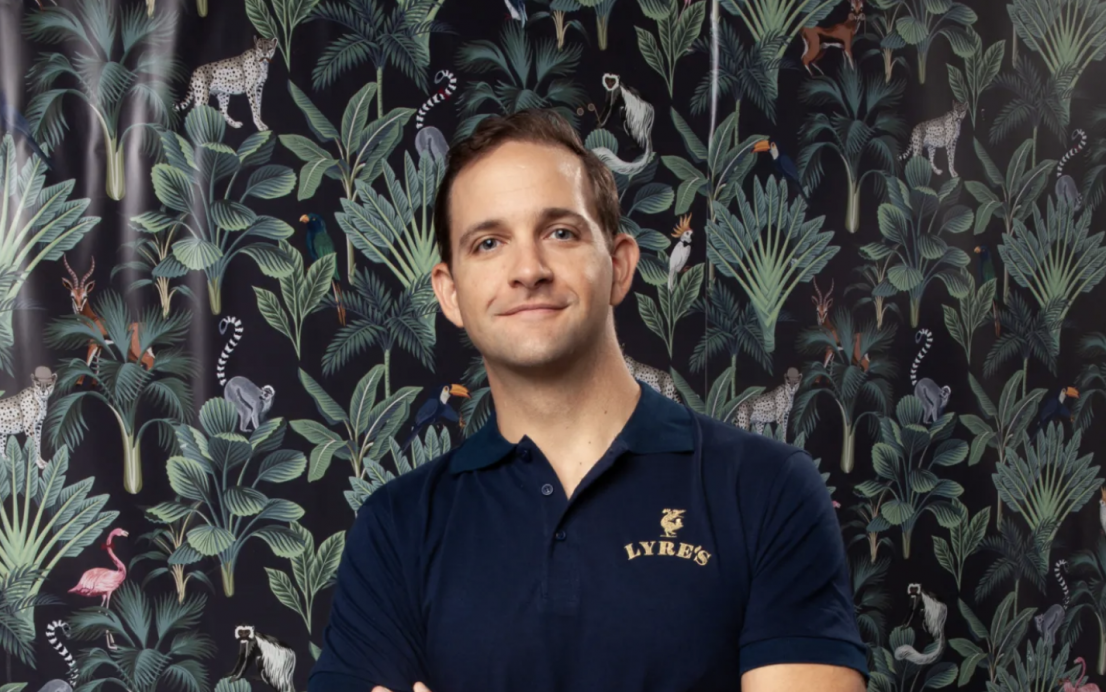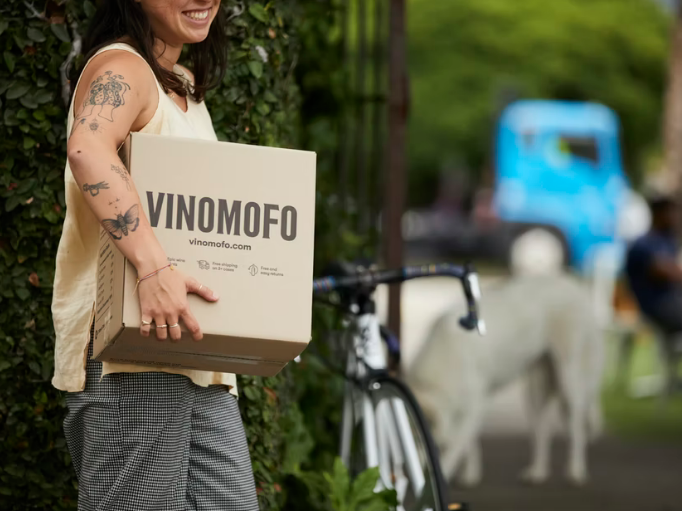
- Australian law has been tested by the transformation of the on-demand alcohol delivery industry since the start of the pandemic.
- Online beer, wine and liquor sales in Australia grew 27.2% over the past 12 months.
- The explosive growth of the sector represents a wholesale transformation of Australian drinking culture and the laws that govern it, experts and industry say.
In 2011, Sydney’s fringe nightlife revellers were up in arms. A series of articles in The Sydney Morning Herald and other outlets had outed The Beer Baron — Sydney’s only legal 24-hour liquor service — to the general public.
At the time, the company operated through a loophole in the state’s liquor laws whereby the sale of alcohol without a license was accepted as long as it was treated as a gift; accompanied by food or flowers.
Under NSW liquor law at the time, takeaway alcohol – including home deliveries – could not be sold 24 hours a day. The service was shut down by the end of 2011.
While restrictions on around-the-clock alcohol delivery remain in place, the Australian law has been tested by the transformation of the industry since the start of the pandemic.
Once the domain of wine connoisseurs importing rare vintages from international markets and wineries shipping cases for long-term customers, Australians have strongly embraced buying alcohol online.
Online beer, wine and liquor sales in Australia reached a market size of $1.8 billion in 2021, with 27.2% growth over 12 months according to industry analysis from Ibisworld.
Data from Roy Morgan shows that, during the first year of the pandemic, nearly six million Australians bought packaged alcohol in an average week, either in-store, online, over the phone or some other way.
Of these consumers, over 11% bought alcohol online, more than tripling the figure of 3.5% for 2019.
Online alcohol sales now represent 4.6% of total sales, with that growth rate expected to increase to 16.5% this year.
The explosive growth of the sector represents a wholesale transformation of Australian drinking culture and the laws that govern it.
Companies across the industry, from the retail giants to smaller independent players which scrambled to reconfigure their business models to weather lockdowns, have emerged on the other side with a deeper reliance on online sales.
Experts and industry players say trends suggest consumers are unlikely to return to pre-pandemic purchasing habits. As a result, the state legislation that governs the delivery of alcohol for a niche market has been forced into a rethink to cover a newly robust sector.
A now mature industry
Australia’s major retailers have now captured the largest market share of online liquor sales, with Woolworths (the owner of Dan Murphy’s and BWS until its June demerger from Endeavour Group) and Coles leading Australian sales, followed by established online-only and subscription companies Get Wines Direct, Naked Wines, and Vinomofo.
Vinomofo, founded in 2011, was one of the earliest to set up a subscription wine service in Australia.
It had been steadily growing year-on-year but saw an explosion in growth when the pandemic hit, Vinomofo chief executive Paul Edginton told Business Insider Australia.
It recorded new customer growth of more than 100% year-on-year from March 2020 through to the end of September, with revenue for the same period averaging more than 50% growth year-on-year.
“It’s been really good for business, not only because, obviously, sales have picked up enormously,” Edginton said. “But the level of engagement with our customers…has increased as well.”
Edginton said the transformation for the business went beyond the improvement in sales and its customer base. It also saw an overwhelming surge in returning customers that had tried the service over the past decade.
“While the new customers, people who’ve never used us, grew 25%, we got this huge growth from people who had used us once before – before pandemic times – and then reactivated their account.”
Two trends had defined the past two years of sales, Edington said: marked growth in the percentage of over-60s, and a higher spend overall per purchase.
“Globally, there’s been a shift to what’s called wine premiumisation,” he said. “That is people discovering wine and buying better wine.”
‘People started getting comfortable with ordering alcohol online’
Joel Amos, owner of indie wine company DRNKS, said it saw a sevenfold increase in sales in the first weeks of the 2020 lockdown.
“For us, it was insane,” Amos told Business Insider Australia.
He said that, while it’s true that alcohol sales increased during lockdowns in states across Australia, the underreported transformation was around behaviour.
“What actually happened in my mind is basically people started getting comfortable with ordering alcohol online.
“Prior to that, Australia was one of those countries where most of the sales were done physically in spaces, so it kind of flipped the switch literally overnight.
“It was like, ‘Okay, we don’t go to shops anymore. This is how we buy wine now.’”
DRNKS had previously built its reputation on its curation and in-person interactions with customers at its stores in Sydney, the pandemic forced it to rapidly scale-up its online logistics.
He said the company is around five times bigger now than it was pre-pandemic thanks to this shift, with a customer base that is 60% women, with the bulk between the ages of 35 to 44.
Amos echoed Edginton’s insights around purchasing patterns. While media coverage had zeroed in on the increase in alcohol consumption, particularly during lockdowns, he said the biggest behavioural change was more frequent, smaller orders of products in a higher price range.
Elliot Scali, owner of Not Wasted, an indie online-first biodynamic wine store that he set up from his home in early 2020, told Business Insider Australia that his business succeeded thanks to the pandemic.
“Every time we [went] into a lockdown [we saw] like a 300% increase in sales,” Scali said. It’s a factor he believes was “quite common across the alcohol online sector.”
He said he thinks the rapid growth of his business was a direct result of consumers breaking out of established patterns of purchasing behaviour during the shift to online shopping.
“It’s kind of just expedited…our growth because we only started about 28 months ago.”
It wasn’t just alcohol brands that saw a spike in sales.
Trish Reynolds, co-founder of non- and low- alcohol beverage delivery company unwstd, told Business Insider Australia it saw a raft of new customers during both the first and second lockdown periods.
She said she believes there are two reasons for the success. Firstly, the business was buoyed by the rising tide of e-commerce in general. Secondly, the company’s products cater to an emerging generation looking to spend the same money on premium, non-alcoholic drinks as they would on alcohol.
Reynolds said her company saw a 110% spike in sales when the pandemic hit.
“It’s been insane the growth that we’ve seen, and how quickly it has come and … how the pandemic has really accelerated that,” she said.
“It’s been really interesting from a non-alcoholic perspective, because not only has there been a growth across the whole e-commerce industry, but the non-alcoholic drinks are also in this huge moment right now,” she said.
In 2020, Australia hit a 50-year low in terms of alcohol consumption. “And then we’ve seen, since 2015, the non-alcoholic and low-alcoholic space has grown 506%.”
Tech expansion has grown the sector
Across the board, the companies were unanimous that the challenges of the pandemic forced them to scale up their technological capabilities — with this digital transformation resulting in a permanent shift of their business model toward online-first sales.
“That’s been the big area where, from a tech point of view and a practice point of view, focusing on personalisation, and data evaluation has been where we focus a lot of our attention,” Edginton said.
Amos said DRNKS was forced to scale up its tech when it went from 40 or 50 inquiries a day to thousands.
“In that three month period, I essentially stopped running a natural wine shop and started running the logistics business,” he said.
He said it was a revelatory moment when the company discovered the untapped potential of its online offering. Amos said it led to an increase in business the company never might have seen otherwise.
“We had to automate elements of what we were doing, which meant that post that first lockdown we were able to lean up the business quite a bit because we had all these systems in place,” Amos said.
“There was an opportunity there and we took it.”
Legislation no longer fit for purpose
Fresh scrutiny of the alcohol delivery sector has followed the boom, with renewed focus on gaps in regulation that fail to account for the responsibility of companies serving alcohol to the public.
In May of 2020, VicHealth called out the dangerous practices of on-demand alcohol delivery giants — specifically pointing the finger at UberEats and BWS Online — after new research revealed companies in the sector fail to meet the basic safety standards of alcohol service.
In mid-October the NSW alcohol regulator revealed it was investigating Jimmy Brings, one of the country’s most established alcohol delivery services, over the death of a 49-year-old Bondi man.
The case, which raised questions over whether the company broke the state’s responsible service laws delivering wine and spirits to the man’s home – including two identical orders placed within 10 minutes of each other – cast a spotlight on the ways the sector has been able to elude rules placed on other organisations that sell alcohol.
Until recently, NSW was the outlier in more heavily regulating the emerging sector. Now, most states have raced to catch up with fresh legislation introduced in Victoria, WA, and South Australia requiring an ID check by the recipient of the delivery.
In July, NSW implemented new laws requiring drivers who work for delivery companies to have a responsible service of alcohol certificate (RSA).
On November 25, an expanded legal framework came into force in the state, with some of the strictest rules in the country around the sale of alcohol to intoxicated customers and new restrictions on same-day deliveries.
Caterina Giorgi, chief executive of the Foundation for Alcohol Research and Education (FARE), said she wants to see more done, including online age verification, ensuring ID is checked at the door, and ensuring that alcohol isn’t handed over to intoxicated people. Giorgi has also recommended a ban on alcohol deliveries between 10pm and 10am.
Dr Peter Miller, Professor of Violence Prevention and Addiction Studies at Deakin University, said while the foundation’s recommendations were comprehensive, they were still far from practical.
“The reality is [that] most of our liquor licence laws as they stand aren’t enforceable,” Miller told Business Insider Australia.
In terms of legislation that would have a real impact, Miller said mandating a two-hour delay for delivery of alcohol would be the most achievable and have the greatest impact.
Miller said the more comprehensive laws introduced in NSW were the right next step, and should be adopted by other states.
“I think if a government puts it into law, it makes it more serious. And it sends a very clear message the government is serious about reducing the harm,” he said.
An ongoing issue not yet addressed by governments remains the burden placed on delivery workers.
Miller said that situations emerge where there is “some very poorly paid delivery worker delivering to a house where people are intoxicated, and creating situations which are really diabolical, [putting the] very lowest paid workers into those sort of situations with no real background,” he said.
‘It’s become a lot more competitive’
Scali said that coming out the other side of two years of rolling lockdowns, it had “become a lot more competitive online.”
“There are a lot of new players in this space, because of all these different lockdowns,” he said, adding that the growth in business for many meant the scaled-up online models would endure.
But he also thinks the shift online for the alcohol industry will be a rising tide that buoys the sector as a whole.
“I think the whole industry has grown so much as a whole that everyone’s got…your market share or share of the pie or however you want to put it — even if there are more players,” he said.
“It’s been a really fortunate time for us who happened to be in the right space at the right time.”
